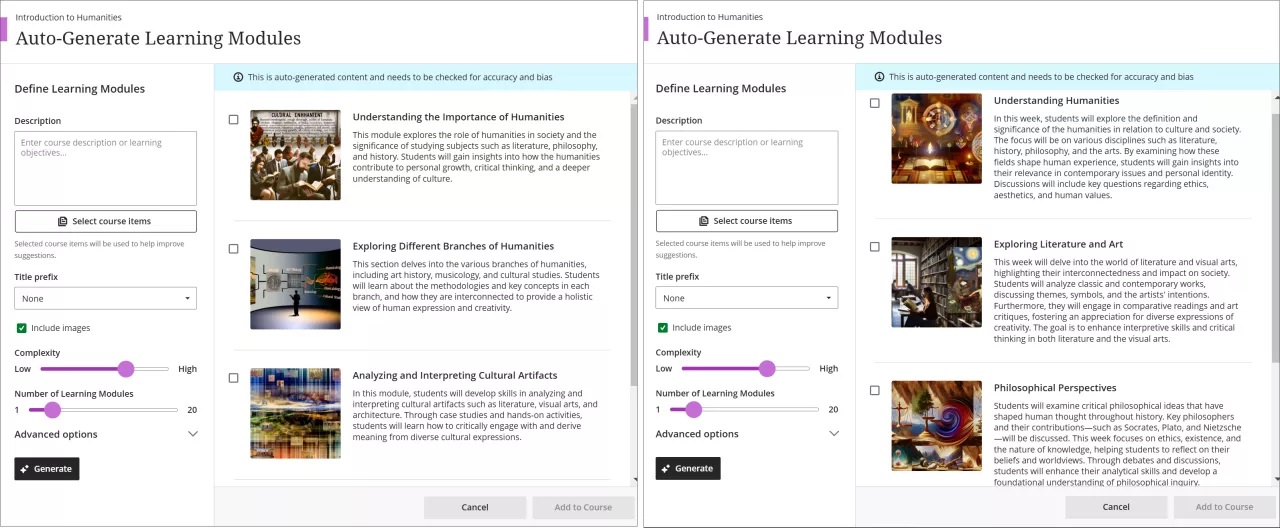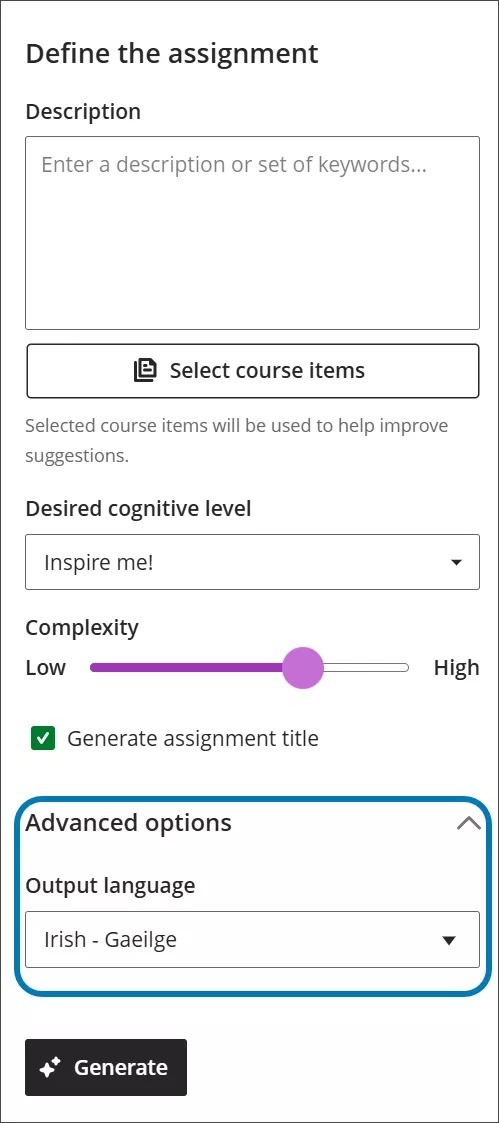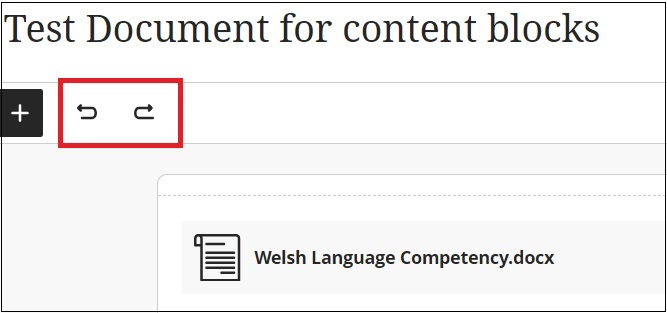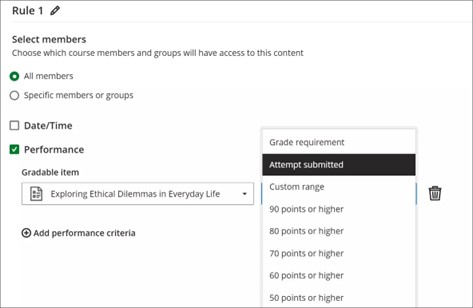
As leader of our PGCTHE programme, I keep an eye out for resources to help staff teach effectively. These include webinars, podcasts, online toolkits, publications and more. Topics include active learning, online/blended teaching, accessibility/inclusion, and effective learning design based on cognitive science. Below I’ve listed items that came to my attention in the past week. In the interest of clarity, our policy is to show the titles and descriptions in the language of delivery.
Online events and webinars
February
- 6/2/2025 De Montfort Education Academy, Awarding Gap Seminar series: Exploring the unexplained spaces of the ethnicity awarding gap
- 10/2/2025 QAA, Quality Code Advice and Guidance event
- 13/2/2025 Jisc, How can AI tools improve productivity?
- 14/2/2025 Jisc Artificial Intelligence, Developing AI literacy for learners (see Jisc AI training for more AI-related sessions)
- 14/2/2025 UAL Creative Education Online, Translating Art School with Georgia Steele
- 14/2/2025 Dustin Hosseini & Nayiri Keshishi, Generative AI: a problematic illustration of the intersections of racialized gender, race, ethnicity
- 17/2/2025 Jisc, Getting started with generative AI in education
- 20/2/2025 Jisc, Developing AI literacy for learners/students
- 21/2/2025 Dustin Hosseini & Nayiri Keshishi, Generative AI: a problematic illustration of the intersections of racialized gender, race, ethnicity (repeat session)
- 26-27/2/2025 QAA, Quality Insights Conference
- 27/2/2025 Future Teacher Webinars, Developing fluency with digital tools and resources
- 27/2/2025 Oxford Brookes University, Talking Teaching Across the Globe: Fostering student-staff trust in the age of GenAI
- 28/2/2025 EmpowerED Webinars, A Webinar Series for Embracing Innovation in Teaching and Learning “an opportunity to celebrate and share success stories, showcase good practice exemplars and discuss the adoption of innovative approaches within teaching and learning with colleagues across the wider education sector.”
March
- 1/3/2025 Jisc Artificial Intelligence, Artificial intelligence and ethics (see Jisc AI training for more AI-related sessions)
- 5/3/2025 Jisc, Supporting learners’ digital identity and wellbeing
- 6/3/2025 Centre for Innovation in Education, University of Liverpool, Pedagogical-Informed Gamification Workshop: Integrating learning aims, objectives, and assessment into game-based solutions (hybrid in-person and online event)
- 11-12/3/2025 Jisc, DigiFest (hybrid online and in person in Birmingham, online access free of charge)
- 18/3/2025 Oxford Brookes University, Talking Teaching Across the Globe: Uncovering and addressing the Placements and Internships “Sustainability Gap”
- 26/3/2025 De Montfort Education Academy, Awarding Gap Seminar series: Disrupting the Discourse: University Culture Decoded
- 27/3/2025 Future Teacher Webinars, Designing appropriate assessments
May
- 9/5/2025 Centre for Innovation in Education, University of Liverpool , Theme Park of Innovation 2025 (call for proposals open until 21/2/2025)
- 20/5/2025 Student Belonging Community of Practice, UEA Student Belonging Conference 2025 (hybrid in person and online), also see Student Belonging Community of Practice Sign Up
- 27/5/2025 (online) and 29/5/2025 (in person), Change Agents Network, Annual Conference: The impact of student-staff partnerships on learning in an ever changing higher-education environment
June
- 25/6/2025 De Montfort Education Academy, Awarding Gap Seminar series: Decolonising learning and assessment: insights from student and educator experiences
Resources and publications
- Betts, T. (9/2024), Should Active Blended Inclusive Learning (ABIL) Become the Sector-Wide Standard for Higher Education Teaching?, QAA Scotland
- Caquineau, C. (4/2/2025), Student engagement and sense of mattering in a large UG course, Teaching Matters, University of Edinburgh
- Centre for Innovation in Education, University of Liverpool (n.d.), Generative Artificial Intelligence in Teaching, Learning and Assessment (resource collection), also see Generative AI Network (GAIN) to sign up for their mailing list
- Eaton, S. E. (27/1/2025), 10 Recommendations for Academic Integrity Action: An AI-Assisted Experiment, Learning, Teaching and Leadership
- INCLUDE (2025), Strengthening Higher Education Inclusion through Universal Design for Learning (free online course)
- Jisc (n.d.), Artificial intelligence (resource collection, including uses in learning and teaching), “Supporting human-led education”
- QAA Scotland (n.d.), Planning and delivery of active blended learning (resource hub)
- Roose, K. (1/2/2025), How Helpful Is Operator, OpenAI’s New A.I. Agent?, The New York Times
- Saunders, R. (29/1/2025), S5E20 Dinah Paritzky on active learning: benefits, challenges, preferences and implications (32-minute audio recording)
- Bayraktar, B., Ragupathi, K. & Troyer, K. A. (29/1/2025), Building Trust Through Feedback: A Conceptual Framework for Educators, Teaching and Learning Inquiry 13:1–19
- Walker, S. (27/1/2025), Trends in assessment in higher education: considerations for policy and practice, Jisc
Other
- Call for proposals (open dates) Unfiltered by EmpowerED: A Podcast Series where educators share unedited stories of inspiration and challenge
- Call for proposals (open dates) Future Teacher Webinars
- Monthly series European Network for Academic Integrity, ENAI monthly webinars free open webinars on various topics related to academic integrity.
Please see the Staff Training booking page for training offered by the LTEU and other Aberystwyth University staff. I hope you find this weekly resource roundup useful. If you have questions or suggestions, please contact our team at lteu@aber.ac.uk. Social media: X.com, BSky.














